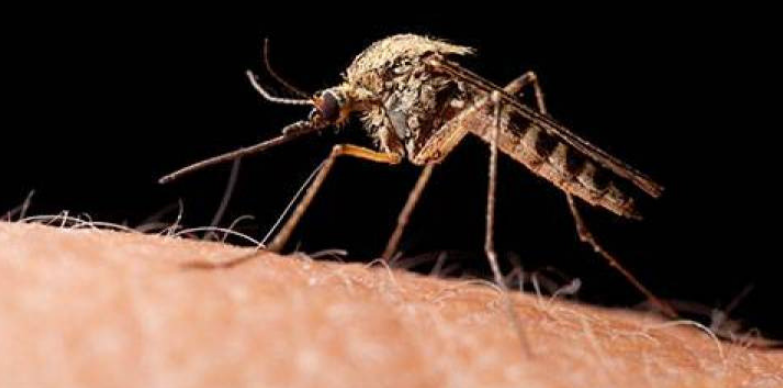World Alzheimer’s Day is celebrated for generating awareness and due to the seriousness of this disease, it is celebrated for the whole month in some countries. The theme for the year 2020 is ‘Let’s talk about dementia’.
It is essential that during the #COVID19 pandemic, people continue talking about #dementia. This September, #LetsTalkAboutDementia and advocate for the millions of people affected by the condition around the world. Visit https://t.co/X8gpzUS13r to learn more. pic.twitter.com/DidN5R4mPM
— ADI (@AlzDisInt) September 12, 2020
Alzheimer’s disease is the most common form of dementia. It is a progressive brain disease which results in loss of memory and thinking skills. It destroys the brain cells which cause memory loss, memory changes, erratic behaviour and loss of body functions. This disease usually starts slowly but gets worse with time.
One of the most common early symptoms of Alzheimer is difficulty in remembering the recent events. Alzheimer’s patient forgets the name of the people like a longtime friend, address, even name of the roads and other things.
Talking about dementia, Dr Rajnish Kumar, Senior Consultant & Unit Head- Neurology, Paras Hospitals, Gurugram said, “As dementia is the theme of World Alzheimer’s month, it has become crucial that people should understand the problem, and encourage openness and discussion on dementia”.
According to Lancet’s study, risk factors for dementia over a lifetime include early-life education, hypertension, hearing impairment, obesity, smoking, depression, physical inactivity, diabetes, and social isolation.
YOU MAY LIKE TO READ: Alzheimer’s Blood Test In Your Doctor’s Office Closer To Reality : Studies
He added, “Individualising dementia care, providing support for family members, protecting people with dementia, and planning for the future, including end of life care, are all important aspects to be considered. We need to have curative treatment for Alzheimer’s disease. It has been seen that early diagnosis and timely care of such disease can improve a patient’s condition. The best possible care can only be achieved through discussion, destigmatisation, early diagnosis, and putting the needs of the patient and family first.”
Facts about Alzheimer’s Disease
- Alzheimer’s disease is a progressive brain disease. It starts with forgetting things and develops short memory loss which results in difficulty in remembering recent events, eventually resulting in the inability to look after daily activities and even basic needs.
- Alzheimer’s disease mostly affects elderly people. Since the population of elderly people is rising in India, this is the cause of alarm.
- The exact cause of Alzheimer’s disease is not yet known. Certain complex events occurring in the brain appear to cause this disease.
- There is no cure for Alzheimer’s disease. Early detection benefits the patient in treating this disease effectively.
- The treatment modalities include medicinal, psychological and caregiving aspects.
- Family and social support play a key role.
YOU MAY LIKE TO READ: Artificial Intelligence Can Improve Alzheimer’s Diagnosis: Study
Warning Signs
- Changes in mood
- Forgetting the recent information
- Challenges in solving problems
- Difficulty in completing familiar tasks at home or work
- Confusion with time or place
- Difficulty in reading, judging distance and recognizing colour
- Losing the track of date and time
- Misplacing the things
- Withdrawal from social and leisure activities
Helpful tips for prevention
Engagement in physical, mental, social and recreational activities such as:
- Reading
- Writing for pleasure
- Playing musical instruments
- Taking part in adult education courses
- Playing indoor games such as crosswords, puzzles, scrabble and chess
- Swimming
- Group sports, such as bowling
- Walking
- Meditation
September is #WorldAlzheimersMonth🌿
Alzheimer’s is the most common type of dementia accounting for 60-70% of the cases. Every three seconds, someone in the world develops #dementia (@AlzDisInt)
This month, let's raise awareness & challenge the stigma that surrounds dementia! pic.twitter.com/57kfR0AMR0
— Global Health Aging (@GHealthAging) September 14, 2020
Stressing on the importance of providing support and reaching out to the dementia patients especially amid lockdown, Dr Shuchin Bajaj, Founder Director, Ujala Cygnus Group of Hospitals said, “Seniors suffering from dementia are going to hit the hardest by the lockdown. If you have someone in your family who is suffering from dementia or know someone in your neighbourhood who is struggling with the condition, make sure you reach out to them. A lot of them use adult daycare, which will not be available during the lockdown.”
“Support groups they attend to cope with the condition will not be in session either. These services are essential for them, and their unavailability will only add to their stress. Set up a video or phone conferencing with care partners who can help them come up with coping strategies. The coming days are going to be difficult for all of us and we need to stand together during these testing times,” added Dr Bajaj.











